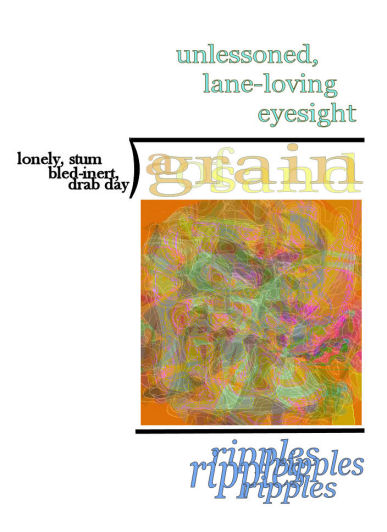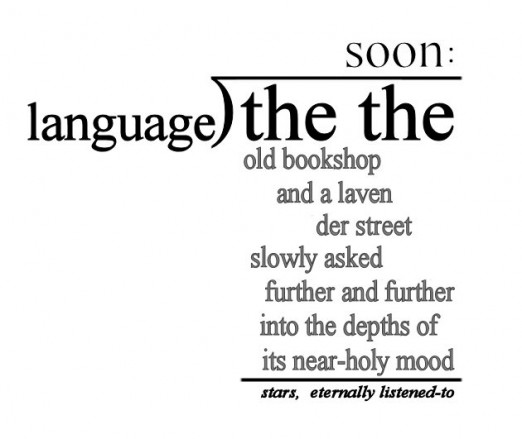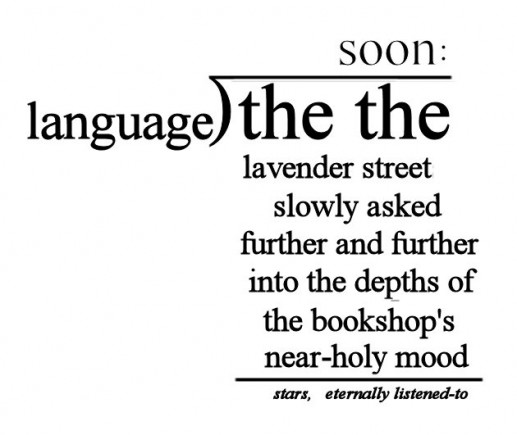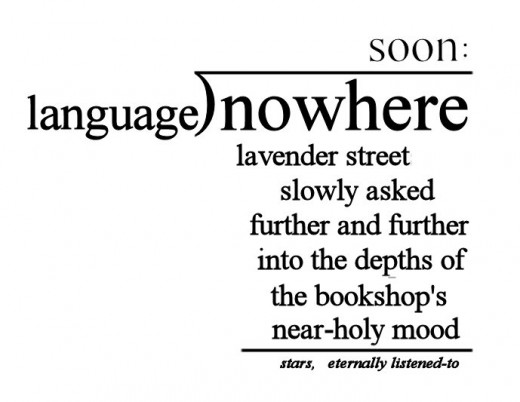I love to evaluate things. To do it right, I have to first define extremely rigorously what it is I’m evaluating, including their evaluatable attributes. I must also list my criteria, also meticulously defined, but also with my reasons for using them. It was a post to HLAS, which is where I argue about who wrote the works of Shakespeare with wacks, that yesterday got me thinking about (again) evaluating the culturateurical value of those attempting to contribute to world culture. The post, whose author calls himself “Sneaky O. Possum,” had attacked me for my response to another sub-mediocrity, who had found fault with my praise of a bunch of Shakespeare scholars for permitting “Dave Kathman write something for their book [an upcoming defense of the proposition that Will Shakespeare of Stratford wrote the works attributed to him]. But, who knows, perhaps twenty years after my book on the subject they may come close to equaling it, so far as the authorship argument is concerned.”
The sub-mediocrity bothered by what I’d said, who has often tried to shoot me down, but never with anything but assertions, had said, “Bob, today you believe Will Shakespeare wrote Shakespeare. Based on the above comment, you are as delusional as Art, Paul and the many others who believe it didn’t. You are a legend in your own mind. Your mediocrities comment is a classic example of projection.” My retort, never-answered, needless to say, was, “Ah, Robin, nice to know you’ve read my book and therefore are competent to state that what I wrote about it in comparison to the estabniks’ book is delusional. Nonetheless, if you were a responsible critic of such as I, you really ought to show evidence in support of your contention.
“Oh, unless my delusion was in believing that such mediocrities might equal my book, so far as the authorship debate is concerned.”
Here’s what Mr. Possum said to that: “Robin showed just as much evidence of your delusional state as you showed to demonstrate that Charles Nicholl, MacDonald P. Jackson, Kate McLuskie, Alan Nelson, Carol Rutter et al. are ‘mediocrities.’ But no doubt you’ve read everything they’ve written, yes? You can cite chapter and verse of Nicholl’s work to demonstrate his mediocrity? Please do so.”
My response, “I was expressing an opinion, a polemical opinion. No need to defend it. I suppose I should clarify, though. First off, my definition of mediocrity is not yours, I’m sure. Most of these people are competent, valuable academics. For me, though, a non-mediocrity needs to do more than add a new fact or two to the received understanding of his subject. None has, although I’m not sure how I could ‘prove’ that–except by asking others to tell me what any of them has done that does more than Nicholl does to improve what we know about Marlowe (which I’ve read and enjoyed), for example.
“Secondly, I over-generalized in calling them mediocrities when I really meant they were mediocrities in the authorship question, not one of them coming up with more than one or two very belated contributions to the subject.
“I am alarmingly admiring of my own efforts for some reason, so offer as strong evidence of these people’s mediocrity in the authorship discussion the fact that they completely ignore my contributions to it. I do have absolute evidence that Shapiro is a mediocrity regarding the authorship question: his paltry, superficial ‘theory’ for the existence of anti-Shakespeareans, that Biblical scholars were making the questioning of famous texts fashionable, and that bardolators had turned a lot of people against Shakespeare because he was less than they made him out to be.
“Am I fairly describing his view? Probably not, but I’m close enough. What’s mediocre about it? That it takes us nowhere. It doesn’t explain why some people did not turn against Shakespeare. It doesn’t explain the reasoning of the wacks–why, in particular, they are immune to evidence. Now, I get criticized for saying the anti-Shakespeareans are what they are because they are insane. If I said that, I would be doing what Shapiro does (except perhaps slightly worse). I would be saying they are wrong because they are nuts. Which is true, but takes us nowhere . . . unless we can say in detail in what way they are wrong, and what neurophysiologically sets them up to be wrong.
“I have a detailed theory about that, which makes me NOT mediocre. Even if it’s wrong. Because it indicates I’m after an answer of substance, which Shapiro isn’t (and he’s superior to all the other academics who have tried to say why the wacks are wacks).
“I would add, SOP, that you are clearly a mediocrity. Evidence? That you require me to have read everything these academics have written to be qualified to evaluate them. In other words, you have no idea of non-mediocre thinking, which uses a minimum of empirical academic dwarfery to build large understandings. A key is the ability to generalize, which none of these people these people show much of.”
Eventually, Tom Reedy defended my bok as follows: “Actually Bob’s book, although it has a few holes, is quite good.”
I thanked him for the defense, but said I’d have preferred”an attack that said what the ‘few holes’ were.”
Tom went on to aver that I “could have used the services of a good copy editor (and if he had done so it would have been publishable by a mainstream press).” He was right about the copy editor but absurdly wrong that my book would ever have been publishable by a mainstream press since I’m not an academic, nor a mediocrity repeating standard views.
“That his criticism of mainstream scholars is juvenile,” Tom went on to say, “and obviously motivated by a good deal of resentment and jealousy does nothing to besmirch his work at all–I look at it as the authorship version of Ezra Pound’s idiotic views. . .”
My criticism is certainly not juvenile but no doubt motivated by a good deal of resentment and jealousy; it is much more motivated by the art&science crippling way establishments come about and stay in power.
According to Tom, ” There is nothing mediocre about the work of any of those named above.” And we’re back to the alleged subject of this entry, mediocrity.
I replied to Tom that according to my definition of “mediocre,” my statement wasn’t isn’t all that foolish. I asked him if he could “tell me how any of these people have stepped a significant step away from the received understandings of their field? Can you tell me how any non-mediocrity can be satisfied to write about someone hundreds of books have been written about rather than about someone no books have been written about? Nay, rather than about a school of authors no books have been written about?”
Tom ended by praising my willingness “to call insane thinking what it is”–but added that I “could have left out is his idiosyncratic general theory of human psychology.” He correctly suspected, however, that without that I wouldn’t have written it. Without that, in fact, my book would have been mediocre, at best.
Let me add here that I’ve read several of Stanley Wells’s books with great enjoyment (and he’s one of the crew involved with the upcoming Shakespeare defense); Charles Nicholl has written good books, too, that I’ve read. They and others, but not all, I called mediocrities are not. My problem, and what most got me to start writing this entryis that I’m not sure what to call them. Like I believe many others are, I tend to believe in there being many mediocrities out there, and a few geniuses, and no one in-between. Certainly, there’s no standard name for someone like Wells, who is doing admirable work, but not truly culturateurical work (i.e., work that significantly redefines some important cultural field). I use the terms, “major genius” and “minor genius”–Yeats and Housman, say, and speaked of the “talented,” whom I consider superior to mediocrities. But “talent” isn’t a common term for near-geniuses. Is “adept?” It doesn’t work, for me, nor does “expert” or “master.” For one thing, many mediocrities are experts or masters, or even adepts.
Without the right term, I can’t continue. Maybe one will hit me before tomorrow.
.



